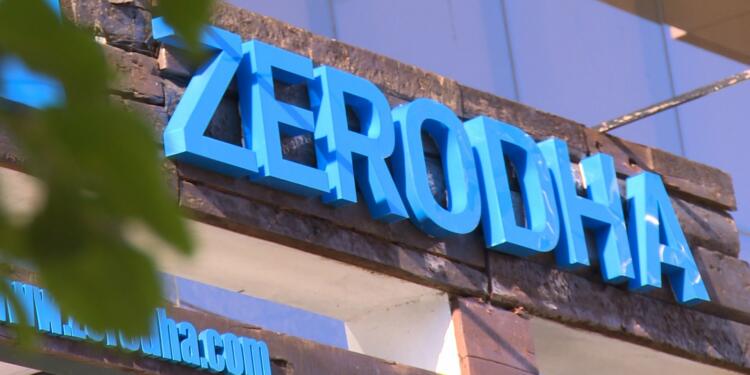A few decades down the line when (and if) India becomes the largest economy in the world and a prosperous high-income country, the decade of the 2020s will be remembered for democratizing corporate India. For the starting four decades since independence, India was a crony socialist economy with only a few politically connected business houses being allowed to manufacture goods and sell them.
In 1991, the country started reforming the political economy but instead of establishing a proper capitalistic framework, it went for crony capitalism. The excesses of crony capitalism led to the Modi government coming to power in 2014, and it took more than one term to establish a proper framework for a rule-based capitalist economy.
In the six to seven years of the Modi government, the Indian startup ecosystem started maturing and with a conducive environment for new businesses, 2021 became the year when the true prowess of India’s entrepreneurship became visible to the world..
“Last financial year we saw many users coming in, there was market volatility and a lot of initial public offerings (IPOs)…so we were able to clock higher daily average users, ”Nitin Kamath, founder and chief executive of the company, told ET.
“Last two years have been an outlier for trading companies. Trading volumes have peaked, but this is a very cyclical business,” he added.
Today, almost every eligible person in India has a bank account and operates some kind of mobile wallet that is powered by the UPI. This made the job of the digital-only brokerage platforms like Zerodha, 5Paisa and Groww as well as traditional ones like ICICI Securities and Kotak Mahindra Securities, very easy. Nowadays onboarding of a customer on the stock market through a Demat account takes less than 10 minutes and this has led to a revolution in the Indian fintech space.
The doubling of the number of investors in just 3 years is proof of the revolution through which Indian financial markets are going. And the companies like Zerodha are major beneficiaries of this.
The fintech sector, which is riding high on the India Stack platform (Aadhar, e-KYC, Digilocker, UPI), showed signs of maturity with the largest IPO in the country- Paytm. Similarly, SaaS, which is also an almost decade-old sector, showed signs of maturity with the IPO of Freshworks and an exponential rise in sales and profits of other companies like Zoho and Zerodha. These two sectors (fintech and SaaS) are a decade old and are slowly maturing.
The ultimate aim of any company is to be profitable and create value for shareholders. While many startups in the fintech space like Cred continue to burn millions of dollars of investors’ money, Zerodha is earning millions in profit without taking a single penny from investors.























